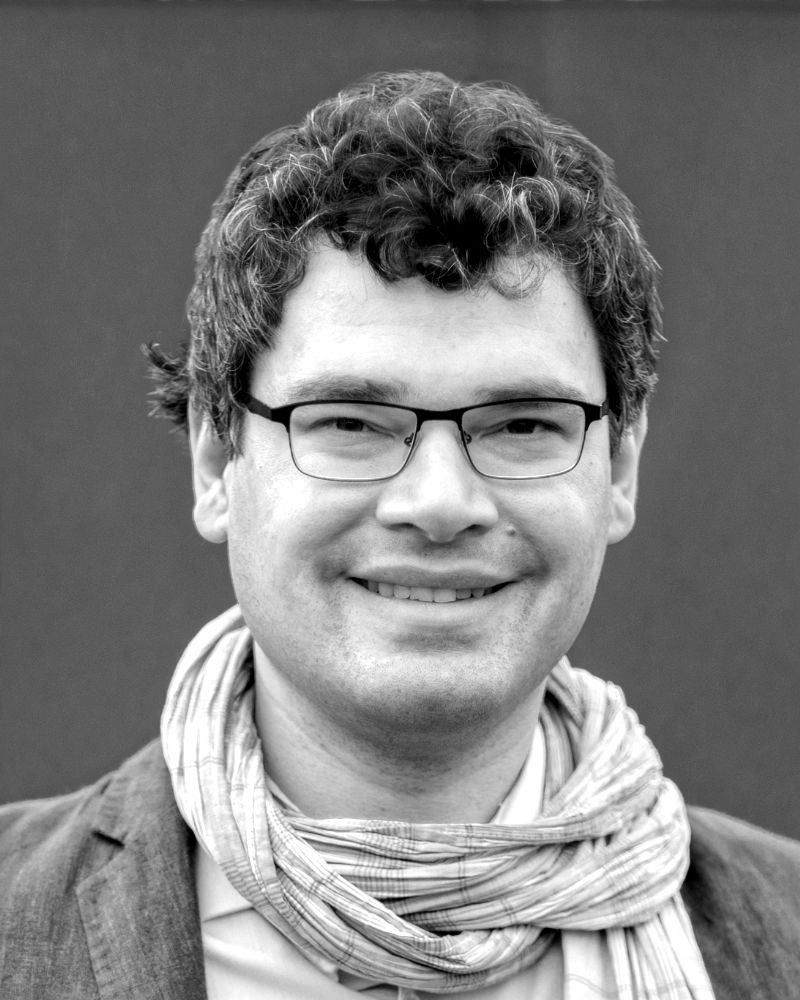
Jan Dittrich
Learning Skills with Media Instructions
Jan Dittrich researches how people use instructions to acquire skills. To do this, he compares the use of recipes for gluten-free baking with the use of instructions for programming. Instead of assuming a separation between planning and execution, it is assumed that this skillful action requires the coordination of attention and situation (Ingold 2001) as well as reflection in the action itself (Schön 1982).
Research Interests
- Situated Cognition and Learning
- Non-Abstract Knowledges
- Creative-, Participatory-, and Collaborative Research
- Innovation- and Tech Cultures
Vita
- 2016 – 2022
UX Designer/Researcher at Wikimedia Deutschland - 2013 – 2015
Scientific Assistant at the Professorship for Instructional Design at the Bauhaus University Weimar - 2012 – 2015
M.F.A. Media Arts and Media Design at the Bauhaus University Weimar - 2009 – 2012
B.F.A. Media Arts and Media Design at the Bauhaus University Weimar
Publications
- 2012
Research Paper Kulik, Dittrich, Fröhlich: The Hold-and-Move Gesture for Multi-touch Interfaces. In: Proceedings of the 14th international conference on Human-computer interaction with mobile devices and services (MobileHCI ’12). pp. 49–58, September 2012.
Talks, Workshops and Events
- 18.08.2020
Talk Five reasons why we think Agre’s ‘Surveillance and Capture’ is a classic STS papermit Lisa Conrad at the Paneldiscussion Panel on Classic STS Papers, University of Lüneburg
Teaching
- Summer Term 2023 U Bremen
Seminar User Experience Research - Winter Term 2022/23 U Bremen
Seminar Creating Games and Computer Arts as a Medium for KuWis - Winter Term 2020/21 Leuphana U Lüneburg
Seminar Algorithms and Activities - Winter Term 2013/14 Bauhaus U Weimar
Werkmodul Human Centered Design Research - Summer Term 2013 Bauhaus U Weimar
Werkmodul Human Centered Design Research - Winter Term 2012/13 Bauhaus U Weimar
Werkmodul Human Centered Design Research